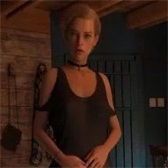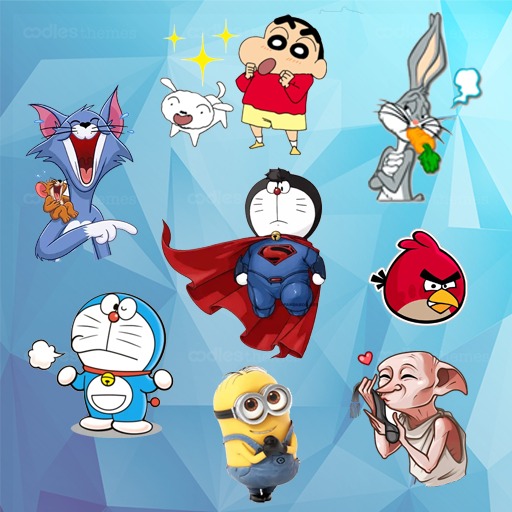Video games have evolved far beyond mere action-packed thrillers. Hideo Kojima, the creative mind behind Metal Gear Solid, introduced the concept of division and connection in Death Stranding before the global impact of the pandemic. This game's highly conceptual narrative and innovative delivery-focused movement mechanics opened up new avenues in gaming.
In the sequel, Death Stranding 2: On the Beach, Kojima delves deeper into these themes, asking a more complex question: "Should we have connected?" As the release date of June 26, 2025, draws near, we explore the stance Kojima took in crafting the narrative, especially amidst the growing divisions in our world.
The development of Death Stranding 2 took place during the unprecedented circumstances of the Covid-19 pandemic. This period forced Kojima to reevaluate the concept of "connection." He had to navigate his understanding of technology, production environments, and the essence of human relationships. How did he reconstruct these elements in the game's design?
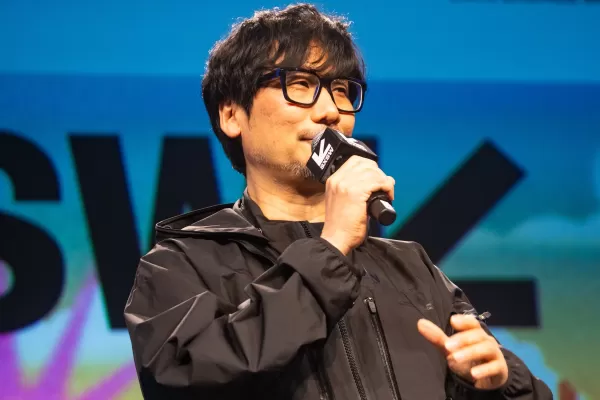 In an insightful interview, Kojima discusses the philosophical framework behind the game's production. He reflects on what elements from the original game were left behind and which were carried forward into the sequel. Additionally, he examines the relationship between contemporary society and his visionary work.
In an insightful interview, Kojima discusses the philosophical framework behind the game's production. He reflects on what elements from the original game were left behind and which were carried forward into the sequel. Additionally, he examines the relationship between contemporary society and his visionary work.


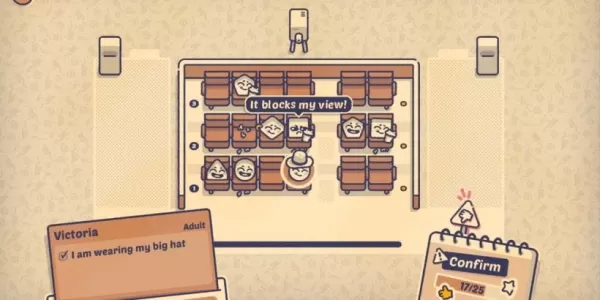
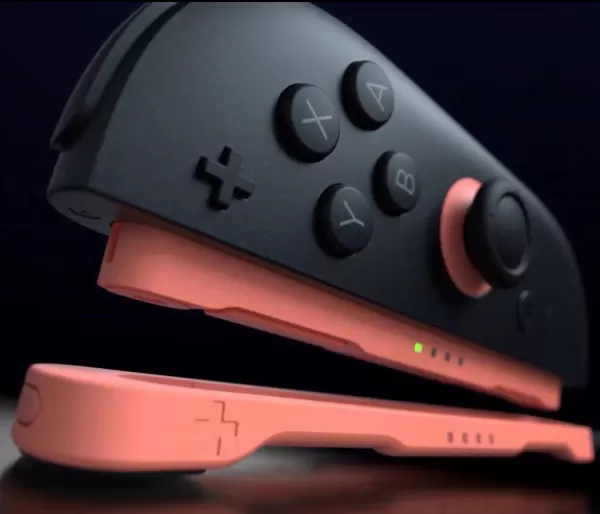
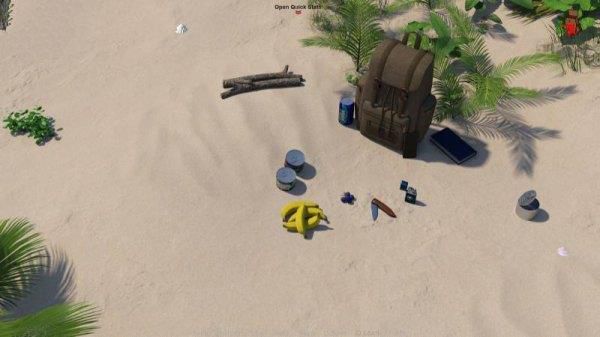
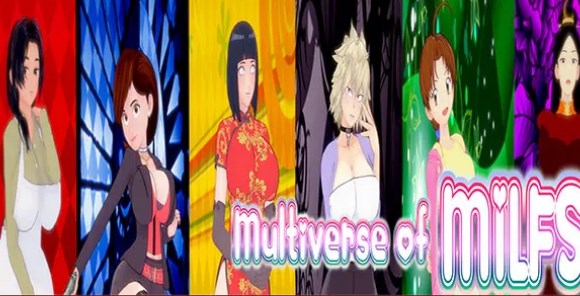

![NULL [Remastered]](https://imgs.39man.com/uploads/71/1719651062667fcaf6c483b.png)
